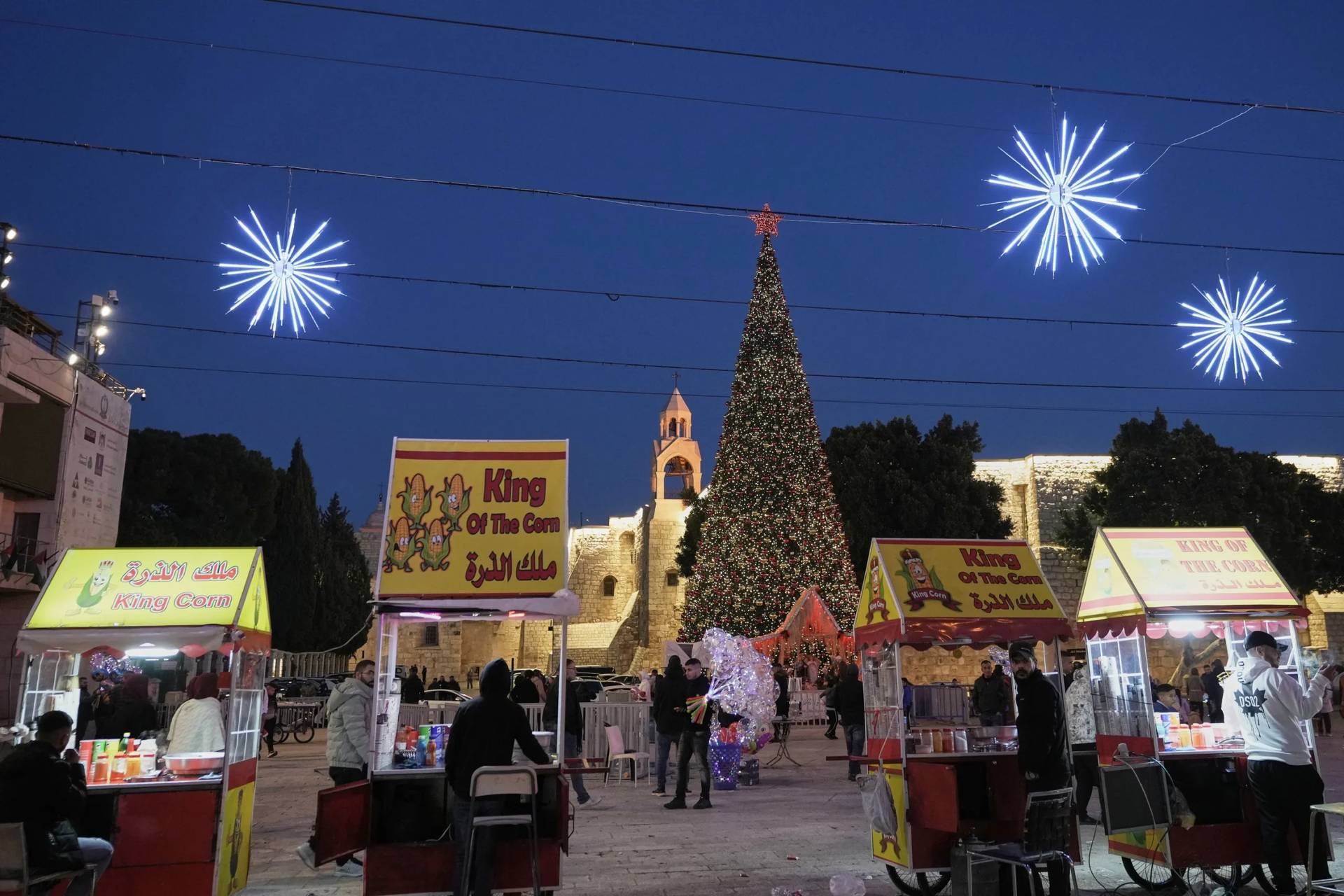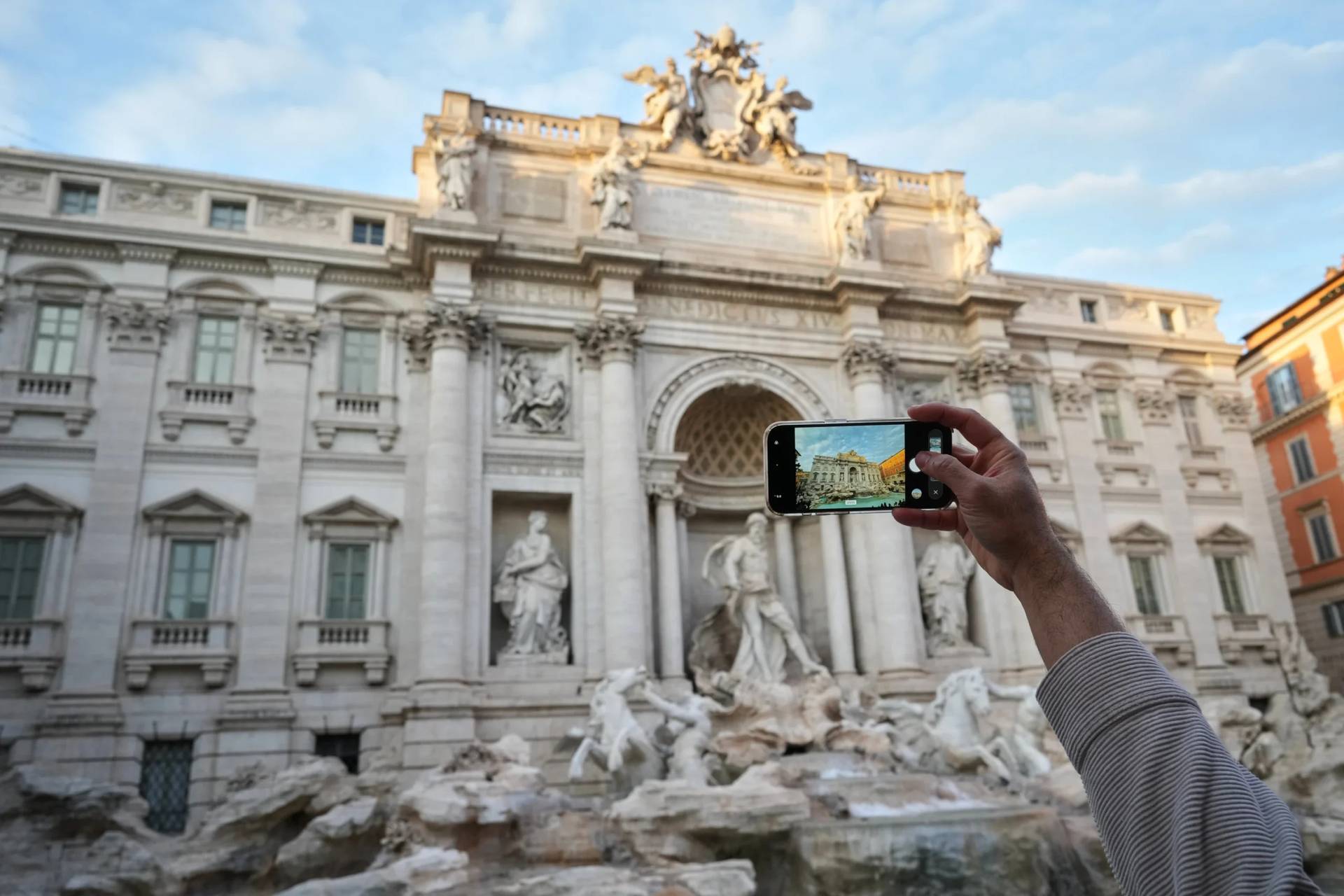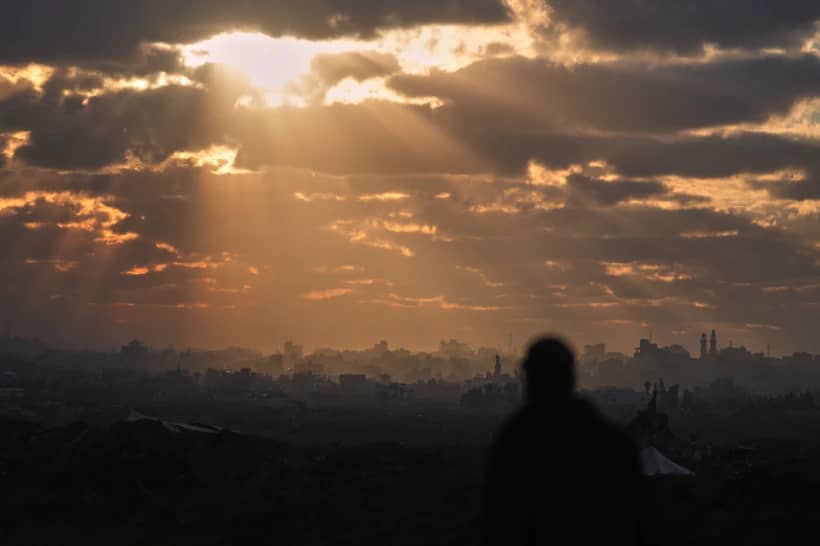The electoral narrative surrounding abortion is often as fierce as it is predictable. Arguments for a woman’s “right to choose” clash with counter claims of a fetus’ “right to life.” Moral complexity and nuance often fizzle amid a flurry of campaign slogans and fundraising appeals targeted to a base of energized voters.
Even as this familiar storyline unfolds again this year, including at the annual March for Life in Washington, DC last month, it’s worth paying attention to a new wrinkle in the debate over what constitutes a “life issue” in American politics. More than any politician, the most influential moral leader on the global stage right now could disrupt the decades-old assumption that being “pro-life” can be reduced to a single-issue.
In a historic address to Congress last fall, Pope Francis challenged leaders to “defend human life at every stage of its development.” A pope who has faced criticism for not being vocal enough in denouncing abortion seemed poised for a rousing applause line from disgruntled conservatives who have chafed at his focus on climate change and inequality. Instead, Pope Francis widened the lens beyond the usual categories.
“Every life is sacred,” he said in calling for the abolition of the death penalty. “Every human person is endowed with an inalienable dignity, and society can only benefit from the rehabilitation of those convicted of crimes.”
A few hours later, the pope spoke to hundreds of US Catholic bishops and specifically linked “the innocent victim of abortion” to other grave threats to life – including “children who die of hunger or from bombings,” “immigrants who drown in the search for a better tomorrow,” and “the environment devastated by man’s predatory relationship with nature.”
In ways that give pundits and politicians on the right heartburn, the pope also frames economic inequality as a life issue.
“Just as the commandment ‘Thou shalt not kill’ sets a clear limit in order to safeguard the value of human life, today we also have to say ‘thou shalt not’ to an economy of exclusion and inequality,” the pope wrote in blunt language in a major 2013 document. “Such an economy kills.”
Gun violence, the pope also insists, is a clear threat to human life driven by “money that is drenched in blood, often innocent blood.”
Pope Francis is reviving Catholic teaching on the need for a consistent ethic of life.
This moral framework was most robustly articulated by the late Cardinal Joseph Bernardin of Chicago. “Those who defend the right to life of the weakest among us must be equally visible in support of the quality of life of the powerless among us: the old and the young, the hungry and the homeless, the undocumented immigrant and the unemployed worker,” the archbishop, then chairman of the U.S. bishops’ pro-life committee, said in a major speech at Fordham University in 1983 widely covered by national media.
While the Catholic Church remains rock solid in its opposition to abortion, Pope Francis clearly wants to recalibrate the Church’s voice in the public square.
“We cannot insist only on issues related to abortion, gay marriage, and the use of contraceptive methods,” the pope said in a blockbuster 2013 interview. “We have to find a new balance.”
To be clear, the pope considers abortion a grave evil and has said it’s not “progressive” to end a human life. Liberals cheering on the pope for his bold words on inequality and climate change should not tune him out when it’s inconvenient.
Even so, the pope’s desire to resuscitate the Church’s consistent life ethic could have political implications and is emboldening US Catholic leaders.
Archbishop Blase Cupich of Chicago, in a recent interview, called gun violence “a pro-life issue” that “should be front and center with all the others.”
Dallas Bishop Kevin Farrell recently decried a “cowboy mentality” that leads to open-carry laws such as the one recently passed in Texas. “Thank God that someone finally has the courage to close the loopholes in our pitiful gun control laws to reduce the number of mass shootings, suicides and killings that have become a plague in our country,” he wrote in praise of President Obama’s recent executive actions.
Cardinal Sean O’Malley of Boston, one of the pope’s top advisers, has called immigration “another pro-life issue.” In a homily before the 2015 March for Life, the cardinal emphasized that addressing poverty is “part of the Gospel of Life.”
Other prominent Catholics are also speaking out in ways that demonstrate a renewed commitment to affirming life beyond a single issue.
“We recognize the image of God in the migrant at the border, the prisoner on death row, in the pregnant woman and in the hungry child,” 100 Catholic leaders wrote in a statement last year in an effort to highlight immigration reform as a pro-life priority. Signatories included more than two dozen Catholic university presidents, a former spokeswoman for the U.S. bishops’ pro-life office, and the president of Catholic Charities USA.
* * * * *
It’s long past time for a better debate over what it means to stand up for life. Politicians who proudly tout their “pro-life” credentials while doing the bidding of the gun lobby, slashing Medicaid, and turning their backs on refugees fleeing violence shouldn’t get a free pass.
How do some anti-abortion politicians respond to the poisoning of children in Flint, Michigan?
When initially asked by reporters about the situation, Marco Rubio, a Catholic who consistently defends his commitment to life in narrowly defined terms, said it wasn’t “an issue that right now we’ve been focused on.”
Another GOP Catholic, Jeb Bush, seemed to take more pains to applaud Michigan Gov. Rick Snyder than express outrage over what has happened in a largely poor, African-American city.
Sen. Ted Cruz courts conservative evangelicals and Catholics with a strong anti-abortion message. “We have to awaken and energize the body of Christ,” he tells voters. The body of Christ also includes Sophie Cruz, who lives in fear that her undocumented parents will be deported. Pope Francis embraced Sophie, a 5-year-old from California who ran to his motorcade during his visit to Washington.
Last month in Iowa, the GOP senator was challenged on his hardline immigration proposals by Ofelia Valdez, brought to the United States as a child when her parents entered the country illegally. The 30-year-old works at a nonprofit that assists children with special needs. She is one of thousands of young immigrant “Dreamers” given relief from deportation under a 2012 executive order from President Barack Obama. Cruz simply told her there are “human tragedies when people break the law.” There is nothing pro-life, pro-family, or Christian about that stance.
During this election year and beyond, we can continue to have a stale, one-dimensional conversation about who best defends life or finally go deeper than predictable slogans. Pope Francis opens a new space for a richer conversation that should challenge the left and right. It’s sure to make us all uncomfortable, but that’s the point.
John Gehring is Catholic program director at Faith in Public Life, and the author of “The Francis Effect: A Radical Pope’s Challenge to the American Catholic Church.”

















